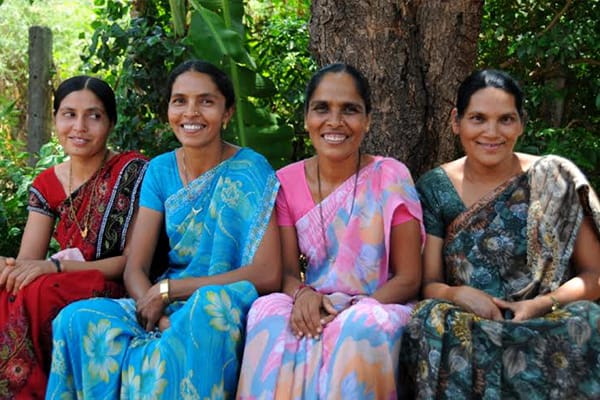With the Delhi Assembly Elections today, we take a look at elections from an economic point of view, focusing on the money spent by candidates on political campaigning.
“For fifty years, we have been trained to believe that elections are a matter of life and death,” sternly opined Asaduddin Owaisi, a veteran Lok Sabha Legislator, in an informal interview with ScoopWhoop Unscripted, a month before the National Elections last year.
Though Mr Owaisi might have taken a few hyperbolic liberties while making this particular statement, one cannot deny the fact that elections are extremely significant moments in time in the history of any democracy, impacting the Nationwide dynamic and Government policies for the next few years, as well as fulfilling the political aspirations of successful candidates, and collapsing those of unsuccessful ones.
Every election sees the birth of a future leader or the rise of an existing one. Once in a while, more so in recent years, it also sees the fall of a stalwart. With such a prominent amount of reputation and power at stake, candidates standing in elections leave no stone unturned in ensuring that the majority of voters press their symbol on the ballot, spending enormous amounts of time and funds on election campaigning.
India’s Lok Sabha Elections in 2019 were deemed to be one of the world’s most expensive elections with an estimate of over INR 50,000 crores spent on electoral campaigning by parties and candidates across the Country. According to a study by the Delhi-based Centre for Media Studies (CMS), India’s election expenditure has risen six times since 1998, with the majority of the amount being spent on publicity campaigns. Costs include money spent on roadshows, billboard advertisements, television advertisements, social media campaigns, constituency tours, rallies, and music videos to name a few.
In fact, in the run-up to the 2020 Delhi Assembly Elections, the AAP Government introduced numerous freebies in the form of subsidies in electricity charges, free bus rides for women and removal of development fees for new water connections. The opposition leaders in the State questioned the economic viability of these recent freebies.
Besides these costs, parties also resort to illegitimate means of attracting votes, with reports of candidates distributing cash, clothes, land, smartphones and sometimes even alcohol to voters. The CMS study reports that around INR 15,000 crores in cash were distributed among voters in the 2019 National Elections.
This leads us to one question. Is all the money worth it?
It is no rocket science that, what matters is the appeal and reputation of the candidate, not the amount of money spent by the candidate and that on an average, a candidate with a favourable image shall garner a significant amount of votes regardless of the money spent by him/her.
The answer to this question exists in contrast. While the kindness of the world would have us believe that money does not matter, yet experience says otherwise.
Out of the humongous INR 50,000 crores spent in the Lok Sabha Elections last year, almost half of the costs were incurred by the Bharatiya Janata Party (BJP), who won by a comprehensive margin. But would a less expensive campaign have given them a less favourable result? We shall not know as long as there is not a detailed analysis of Indian elections and voting practices. But what we know is that as long as the voters of this country do not fall prey to political gimmicks and publicity campaigns, and instead decide to press a particular symbol on a ballot based on a thorough review of the candidate’s performance in the last five years, the essence of democracy and integrity shall remain intact.
Delhi Assembly Elections 2020, will be a test of heavy campaigning versus ideology. It will also answer many questions regarding the future discourse of Delhi and the political discourse of the Country. The current Chief Minister (CM), Arvind Kejriwal, won a ravishing majority in the past elections despite heavy campaigning by BJP. However, a new wave of social media campaigning, tremendous on- ground marketing had engulfed the Lok Sabha Elections. This wave might drown the Delhi Elections as well.
Feature Image Credits: The Statesman
Araba Kongbam









